Holyrood 2016: When does the status quo matter?
- Published
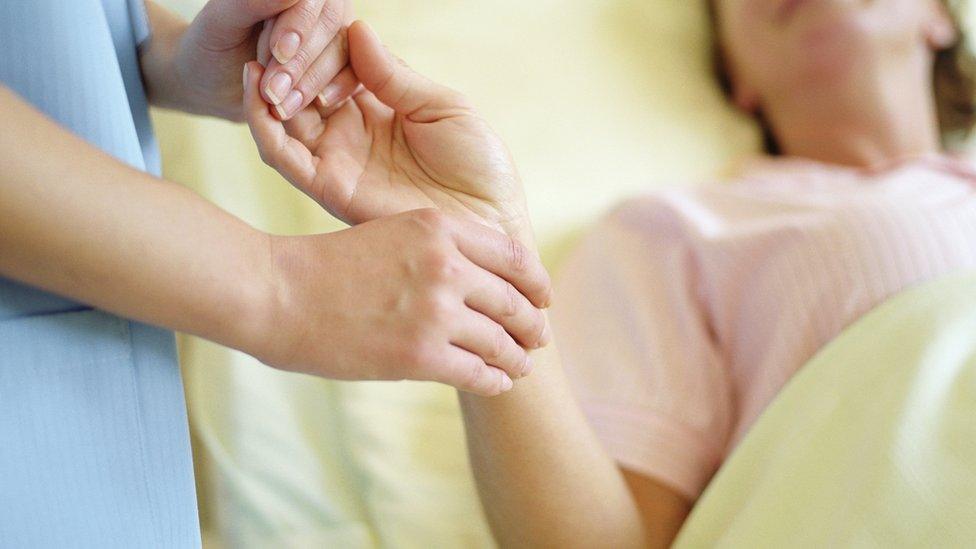
Support for the NHS is strong among men women, rich and poor, the BBC poll suggested
In part two of a specially commissioned election poll for BBC Scotland we get an idea of what voters hold dear. Here, I look at the "don't touch" issues coming out of the survey carried out by my staff at Ipsos MORI Scotland.

The second part of our poll for BBC Scotland gives further clues on voter priorities ahead of the Holyrood election in exactly one month from now.
We asked voters to think about a broad range of issues, from the key devolved public services to the thorny matter of a further independence referendum.
There is a real "don't rock the boat" feeling to the results.
Voters do not want to see significant changes to the existing settlement around public spending and the key public services, albeit that proposals for additional help to children from poorer backgrounds and first-time buyers receive modest support.
From the full range of issues posed in the poll, the single most popular proposition is to guarantee that NHS spending in Scotland will be increased by at least the same rate as that in England, achieving a score of 8.3 out of 10 on average.
Support for this measure is strikingly strong throughout the population; men and women, young and old, rich and poor all broadly support this proposal in equal measure.
There has been significant debate in recent years about the long-term affordability of some of the key decisions on public services.
But as far as voters are concerned there is little appetite to change the status quo.
Indeed, maintaining the principle of free higher education for Scottish students is seen as almost as important as high NHS spending, with an average score of 8.1. As one might expect, this proposal receives greater support from the young (8.8 among those aged 16-24) but actually has broad support throughout the population.
What didn't go down well?
Voters are similarly sceptical about changing the current policy on prescription charges.
With an average score of 5.3, the proposal to introduce prescription charges to those of working age is among the least popular.
And it is interesting to note that there is not just naked self-interest in response to this proposal, since although it receives an average score of just 4.5 among those aged 16-24, those who are retired and would therefore not pay charge are not hugely in favour either, giving an average score of 5.5.
All of which points again to a reluctance to be too radical with the current set up.
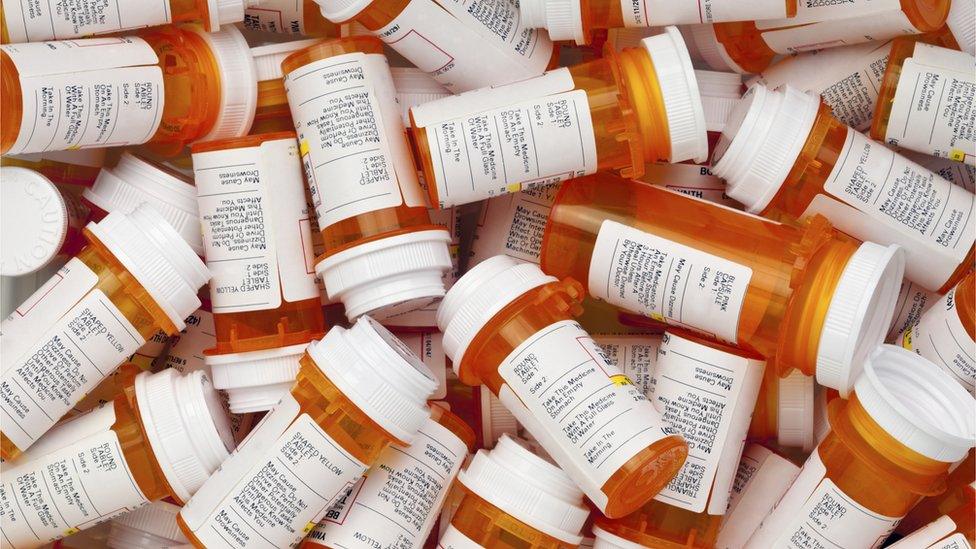
Re-introducing prescription charges did not generate high support in the poll findings
In policy proposal terms, the poll identifies a number of other potential areas where parties may find some traction in the coming weeks.
The idea of giving additional funding to schools with high numbers of children from poorer backgrounds receives moderate support with an average score of 6.7 out of 10, while the proposal to give first-time buyers an additional £3,000 towards their deposit receives an average score of 6.5.
Both of these are a nod towards some support for innovative ideas for resolving issues of significant public concern but, in truth, do not receive the same levels of support as the core issues around the NHS and higher education.
Gold standard public services
Despite significant coverage of the possibility of a second independence referendum in the event of the UK voting to leave the EU, there is, at best, lukewarm support for such an eventuality among voters, with an average score of 5.6.
Unlike many of the other issues in the poll, there is a significant disagreement among different sections of voters on this issue, broadly along the lines we observed during the 2014 referendum.
Young people (7.2 among those aged 16-24) and those in Scotland's most deprived communities (6.6) are significantly more in favour of a second referendum just as they were more likely to support a "Yes" 18 months ago.
But generally speaking, this is seen as less of a priority than many of the other issues addressed in the poll.
Overall the poll points to the longstanding theory that we want gold standard public services without too much extra taxation. Now it's over to the parties to persuade us that they are best placed to achieve that.
The first part of our poll looked at your views on income tax, council tax and welfare.

BBC Scotland Holyrood election 2016 poll
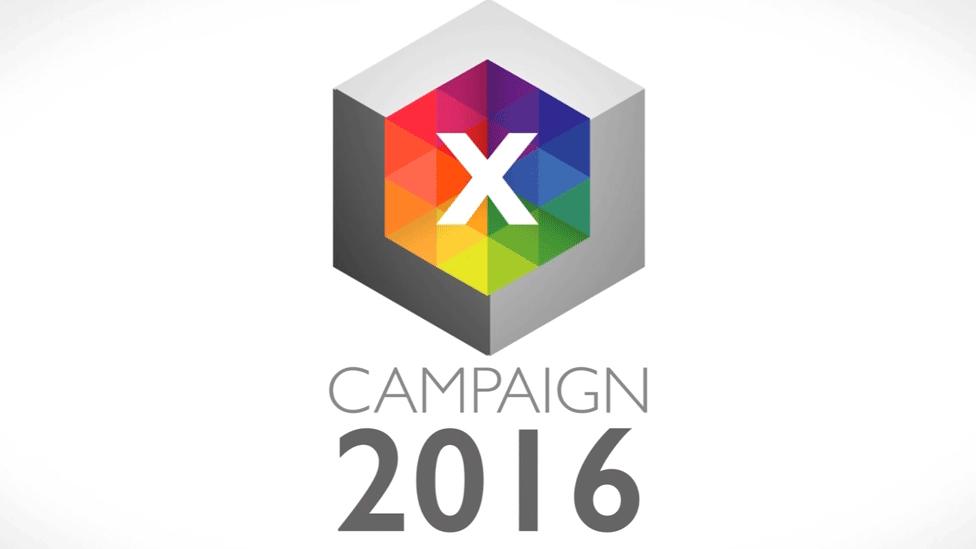
Eleven questions on health, education, fracking, independence and sectarianism (plus mean score)
Guarantee that for the next five years spending on the NHS in Scotland will be increased by at least the same rate as spending on health in England - 8.3
Allow all students from Scotland to attend Scottish universities for free - 8.1
Subsidise the cost of developing new sources of energy that are less harmful to the environment - 7.7
Give schools with high numbers of children from poorer backgrounds more money to spend than other schools - 6.7
Give first time home buyers who have saved £3,000 an extra £3,000 towards their deposit - 6.5
Ban all drilling for shale gas, known as fracking, in Scotland - 6.2
Reduce the tax on aeroplane tickets in Scotland - 6.1
Ban farmers in Scotland from growing genetically modified foods - 5.7
Hold another referendum on Scottish independence if Britain votes to leave the European Union - 5.6
Introduce charges for prescriptions for those of working age in order to raise money for the NHS - 5.3
Scrap the ban on people at football matches singing songs that some people find offensive - 4.9
All figures are mean scores based on answers provided between one and 10. One means the policy should never be put in place, and 10 means that it is very important and should be put in place quickly.
- Published4 April 2016
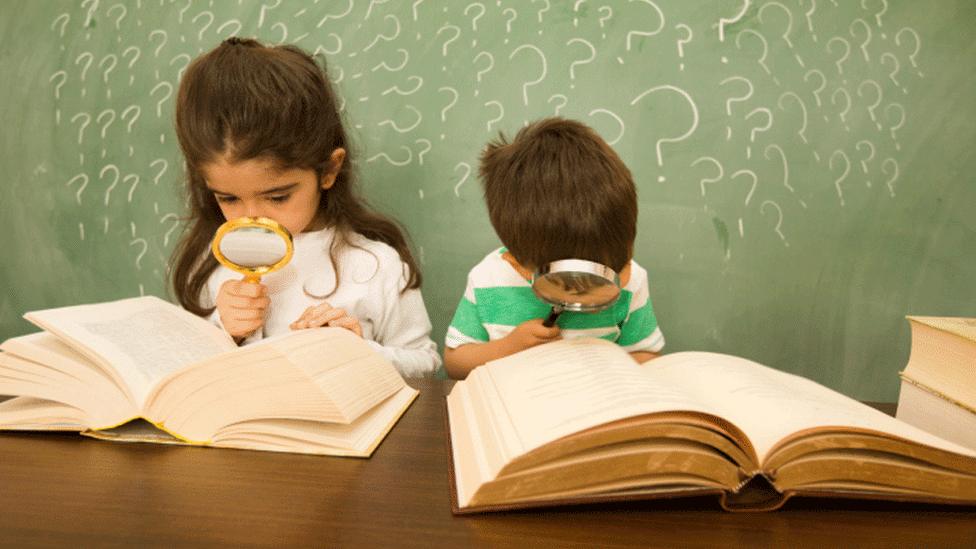
- Published4 April 2016
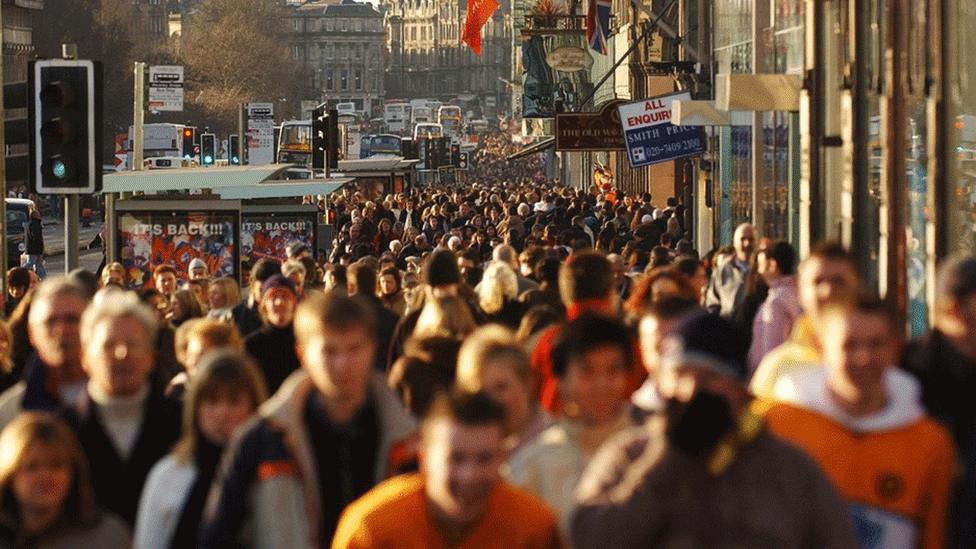
- Published5 April 2016
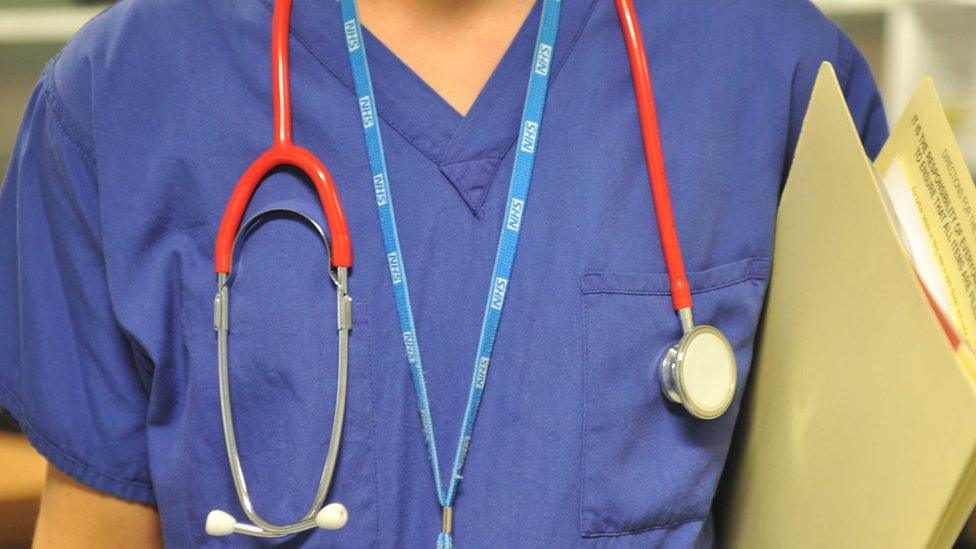
- Published5 April 2016
- Published4 April 2016